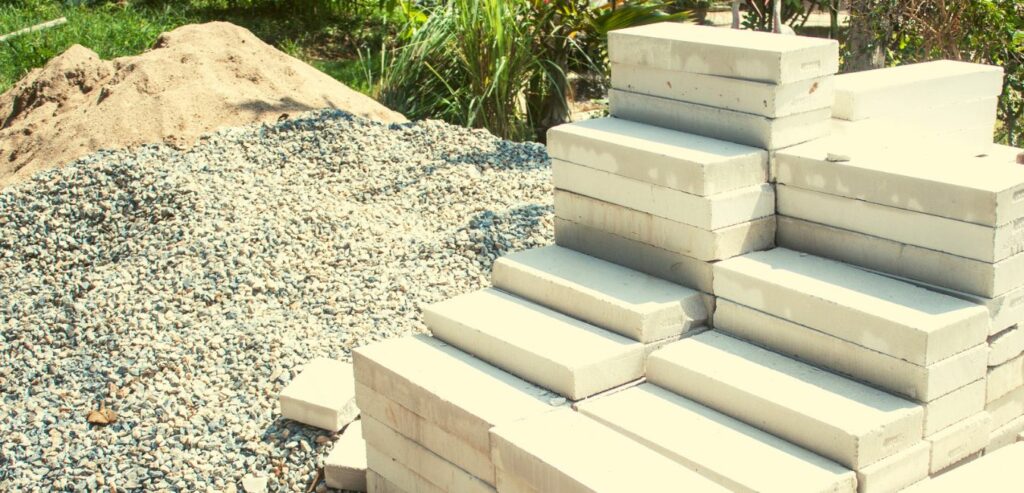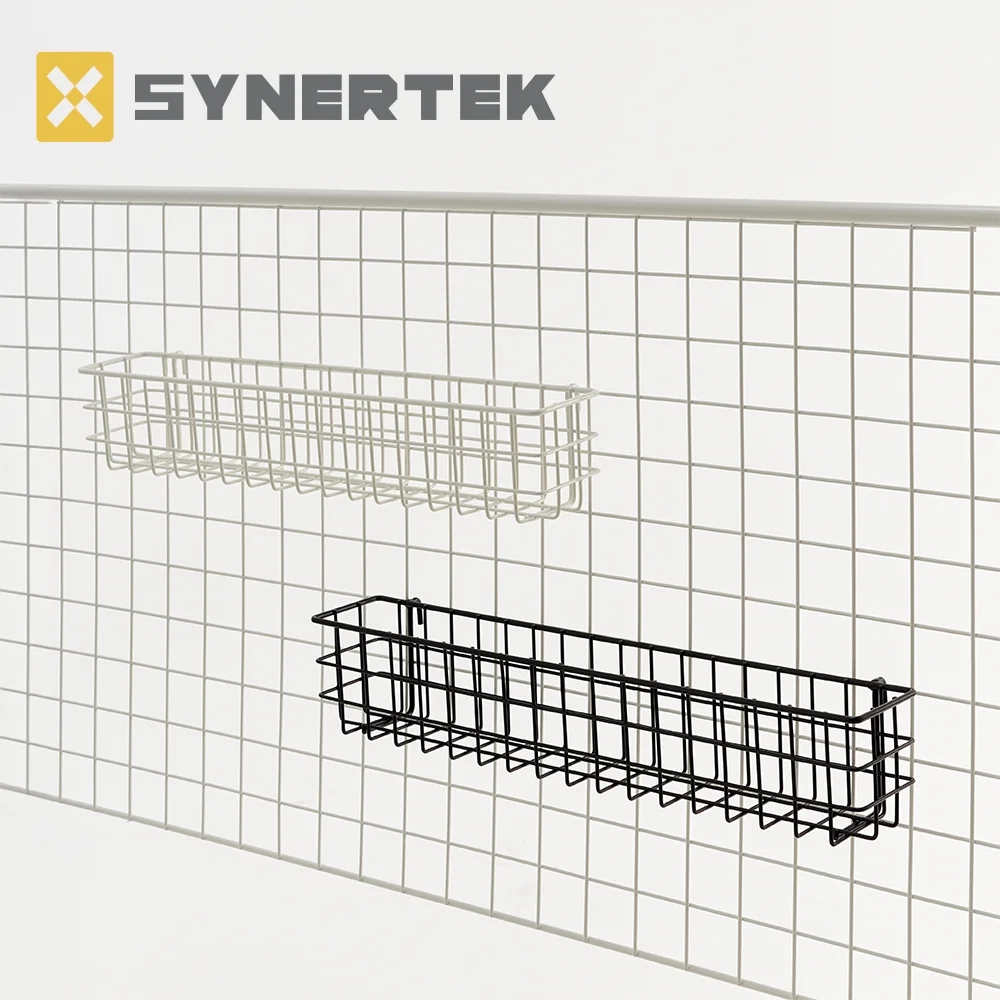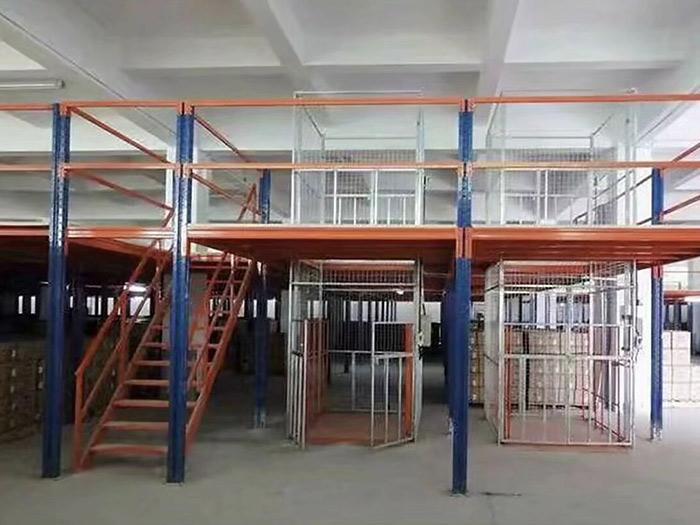Concrete: The Unsung Hero of Strength in the Material World
2 min read
In the realm of construction and engineering, the question often arises: Is concrete one of the strongest materials? The answer to this question is not as straightforward as it may seem. While concrete is undoubtedly robust and durable, its strength is not merely a product of its inherent properties. Instead, it is a combination of its versatility, adaptability, and the innovative ways it can be manipulated and reinforced that truly make it a powerhouse in the world of materials.
Concrete, a composite material composed of fine and coarse aggregate bonded together with a fluid cement that hardens over time, has been used in building and construction for thousands of years. Its strength lies in its unique ability to resist compression, making it ideal for structures that need to withstand heavy loads. However, when it comes to tensile strength, concrete is less effective. This is where the innovative use of reinforcements comes into play, significantly enhancing its overall strength.
Reinforced concrete, for instance, incorporates steel bars, plates, or fibers, which not only increase its tensile strength but also its ductility. This combination of strength and flexibility makes reinforced concrete an incredibly resilient material, capable of withstanding not just heavy loads but also environmental factors like weather changes and seismic activities.
High-performance concrete (HPC) is another testament to concrete's strength. HPC is created by using carefully selected high-quality ingredients and precise mix designs to yield a material that can withstand pressures of up to 17,000 psi, significantly higher than traditional concrete.
Moreover, the advent of Ultra-High Performance Concrete (UHPC), which can achieve strengths up to 29,000 psi, further underscores the potential of concrete's strength. UHPC incorporates fibers to increase ductility and toughness, making it an excellent choice for structures that require superior durability and longevity.
However, the strength of concrete is not just about its physical properties. Its environmental strength is also noteworthy. Concrete is energy-efficient to produce, and structures made from concrete have excellent thermal mass, reducing the need for artificial heating and cooling. Furthermore, concrete is a sustainable choice as it can be made from abundant natural resources, and old concrete structures can be recycled into aggregate for new concrete or other applications.
In conclusion, while concrete may not be the strongest material in terms of pure compressive or tensile strength, its versatility, adaptability, and the innovative ways it can be manipulated and reinforced make it one of the most robust materials in the construction industry. Its environmental strengths further enhance its standing as a material of choice for sustainable and resilient construction.


